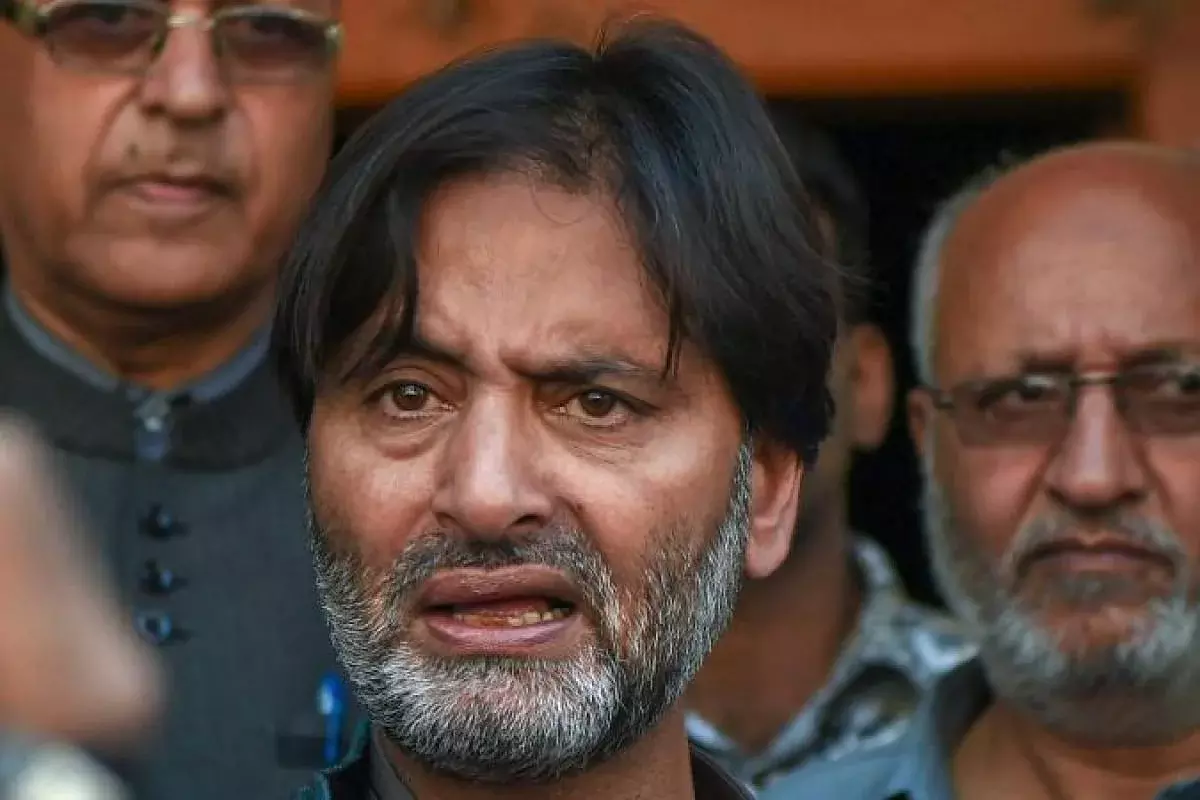While awarding life sentence to Kashmiri separatist leader Yasin Malik in connection with Jammu & Kashmir terror funding case, a Delhi Court today observed that the crime in question fails the test of rarest of rare case as held by the Apex Court. Special NIA Judge Praveen Singh of Patiala House Courts also rejected Malik's submission that he had followed Gandhian principle of non...

